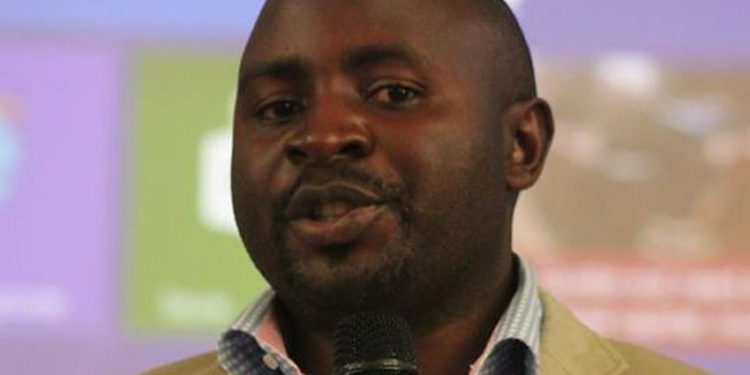Over 1,000 civil servants who are due for retirement have applied to lower their age, the newspaper story went. I had always thought that retirement is the best thing for especially civil servants — they get to be paid a percentage of their salary for doing nothing for the rest of their lives. They call it pension.
Apparently, they aren’t so happy to simply earn money while waking up to lazily walk in well-manicured grass, taking in the morning sunshine while dotting on their grandchildren. They love the country so much that they want to continue working for a pay they have always claimed is so little.
Why would anyone who is 60 and has worked since they were 25 years old or thereabouts go to the extent of humiliating themselves by swearing affidavits so they could remain in office? If you have worked for 35 years and you haven’t prepared yourself for retirement from a civil service job, what will you do if you lower your age by about two or five years? Five years is a very short time if you are fighting retirement.
Civil servants need to think of the day the clock will tick to 60 or even lower for those in the private sector. There are very many young people, highly qualified and innovative. In the private sector, retirement because of technological changes will even come earlier than 60 for most people. Only those who will keep learning, unlearning and relearning stuff will remain standing.
But retirement planning shouldn’t be so difficult and it is easier when you are still young. If you start your retirement plan at 25, you won’t have to save so much money every month. NSSF allows voluntary saving. Imagine if you voluntarily saved with them or with the myriad of investment companies that exist today. If you start planning, it seems, like those civil servants at 55, your plan will involve the humiliating process of lowering your age.
The more you delay to start saving and investing for retirement, the more difficult it becomes because if you start later in life, the investments wouldn’t have matured in a few years or you would have to put away a big sum on a monthly basis.
But also there is need to avoid financially stressing projects that take so much time to mature. Sometime back, people about to retire were happy to plant pine trees that take 25 years to mature and need constant investment for the first 10 years or so. It ended in tears.
Others opt for new businesses. I don’t think there is anything as stressing as running businesses in Uganda. If you have never run a business and you have been a civil servant all your life where you arrive and leave office at any time you want and you have done that for 35-40 years, starting your own business is most likely going to be a recipe for disaster. If you have spent 35-40 years with people begging you to append your signature on documents or your work life involves endless planning workshops followed by validation and review meetings, business may not be the thing for you.
If you think your retirement will involve running a business, you may simply need to retire before the mandatory age when you still have time. You could start by taking unpaid leave for a year and see if business is for you or not. If you think you are passionate about farming, why not do it for a year? A whole year on the farm as your workplace. I believe within a year; you would have realized whether that is what you want to do with your life or not.
But the Ministry of Public Service need to do something. First it must reject employment extensions for all those running around to lower their age to teach others a lesson. Secondly, it could institute retirement planning for all civil servants. Regular courses on life after retirement and to remind those not planning that retirement is certain whether they manipulate the system to prolong their stay or not.
Thirdly, there is need to reduce the number of civil servants and increase their pay by adopting private sector models. I haven’t yet heard of anyone lowering their age to stay in the private sector. Civil servants should be paid rates similar to those in the private sector. Paying science teachers and judges highly is a good start and it should be extended to all civil servants. However, civil servants must perform as those in the private sector and repercussions for failure should be the same. Singapore under Lee Kuan Yew did that. There is already a blueprint we can use.
The writer is a communication and visibility consultant. djjuuko@gmail.com
Do you have a story in your community or an opinion to share with us: Email us at editorial@watchdoguganda.com














